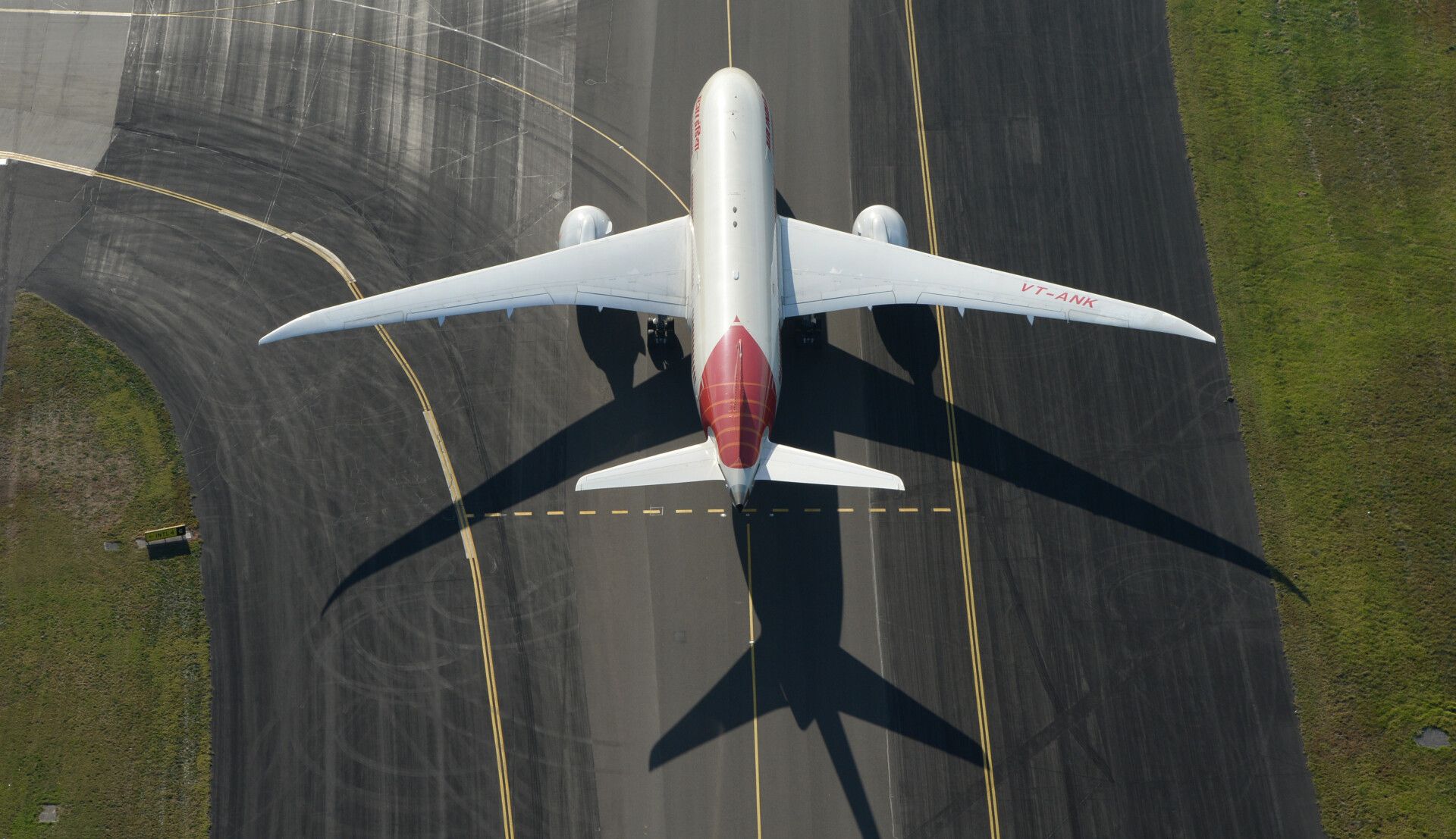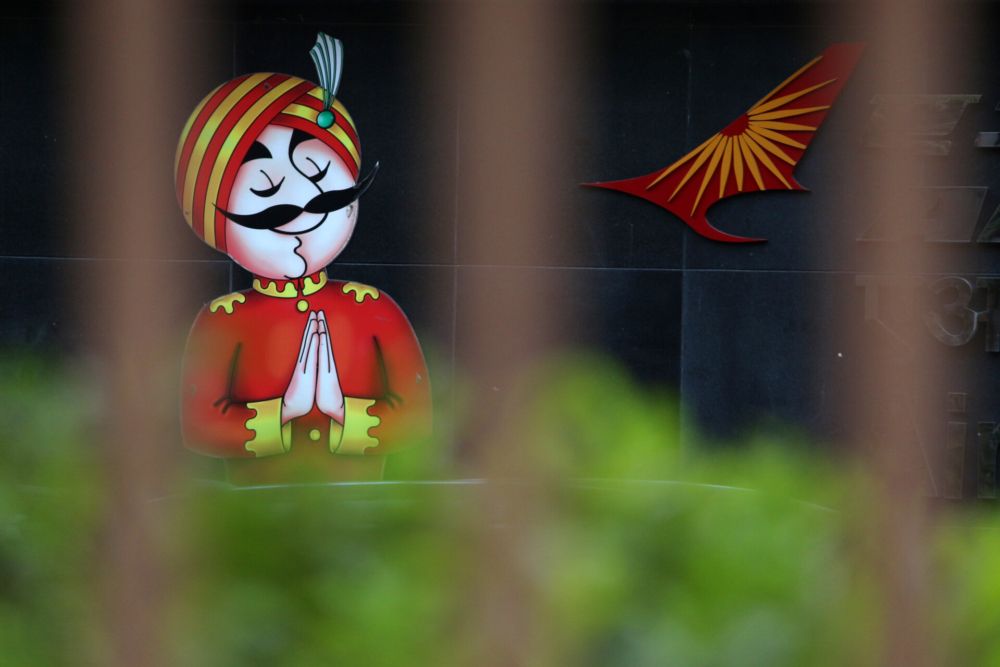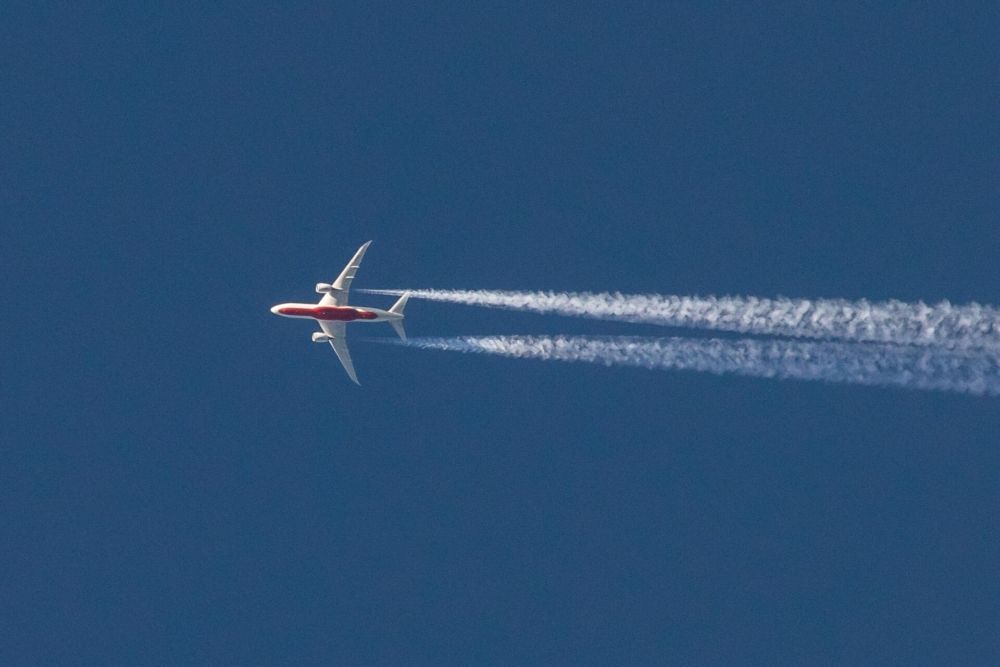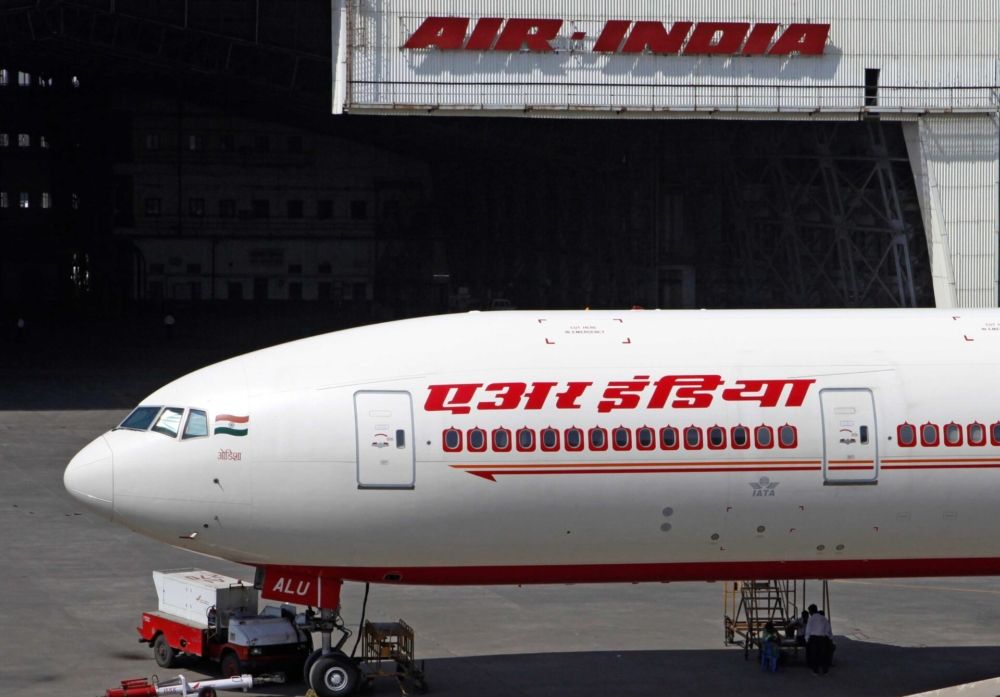It's official! Air India is now a private enterprise with the Tata Group as its new owner. Tata Sons chairman Natarajan Chandrasekaran met with government officials yesterday to close the deal, bringing the airline back to its founding company after 69 years. While the journey to recover AI's lost glory will be a long one, Thursday's signing ceremony brings an end to the long saga of the airline's privatization process.
New owners
On January 27th, the Government of India transferred 100% shares in Air India to Tata's fully-owned subsidiary Talace Pvt Ltd. The new owners now have complete management control over Air India, Air India Express, and a 50% stake in ground handler AI-SATS.
The Tatas had won the bid to acquire Air India last year with an offering of ₹18,000 crore (approx. $2.39bn). As decided, ₹2,700 crore ($358.5mn) was paid upfront in cash, and ₹15,300 crore taken over as debt. The Indian conglomerate will take loans from a State Bank of India-led consortium to clear off the dues.
With a change of ownership, Air India and AI Express join two other airlines under the Tata brand – the full-service carrier Vistara and the LCC AirAsia India.
Following the deal, Chandrasekaran issued a statement, formally announcing the takeover,
“We are excited to have Air India back in the Tata Group and are committed to making this a world-class airline. I warmly welcome all the employees of Air India to our Group and look forward to working together.”
Stay informed: Sign up for our daily and weekly aviation news digests.
Third time lucky
The Government of India had tried selling the cash-guzzling carrier twice before. In 2001, the first attempt was made by putting up 40% of the airline for sale. While some foreign carriers showed interest, nothing came of it. A second attempt was made in 2018 with 76% of the company up for sale, but potential buyers didn't like the idea of any kind of government interference in future operations.
This time, as the Tata Group takes over the carrier, it acquires a mixed bag of assets and tasks. Among them are more than 4,000 domestic and 1,800 international landing and parking slots at domestic airports and 900 slots at foreign airports.
Of the 100+ aircraft, some, including 27 Dreamliners, are fairly young, but most need an urgent makeover. Poor cabin products and below-average customer service have plagued the airline for years. Changing the working culture and employee attitude will be one of Tata's top priorities for Air India.
Air India's biggest strength is its international network, with no other Indian carrier in close competition. But it's also true that pre-COVID, foreign carriers enjoyed a larger market share for international flights than AI. Still, Air India's direct flights to the US and Europe see significant traffic, and the Tatas would eventually want to build upon that to offer a much better international product.
The new owners are also bound to retain all 12,000+ AI employees for a year and maintain the Air India brand and logo for at least five years.
Stay informed: Sign up for our daily and weekly aviation news digests.
Changes already
Some changes within the airline are already underway. The cabin crew have been told to dress smartly and maintain weight within strict BMI parameters. On-time performance - not an AI strength - is also being stressed, with the crew being asked to close aircraft doors 10 minutes before departure.
Changes in the meal plans have also been made with some flights on January 27th already served new meals planned by Taj SATS, the Taj Group-led airline catering service. At the moment, the new meal service is being carried out on select flights but will gradually make it to the entire network.
The Times of India reported that a mail was sent to the crew members just before the handover, which said,
“Tonight, we will transit from a public sector to a private sector. The next seven days will be very important as we will be changing our image, attitude and perception.”
Hopefully, this is the start of many other much-awaited and meaningful changes within Air India.
What do you think about the Tata Group successfully taking over Air India? Are you hopeful that the airline will see better days in the future? Do share your comments below.




